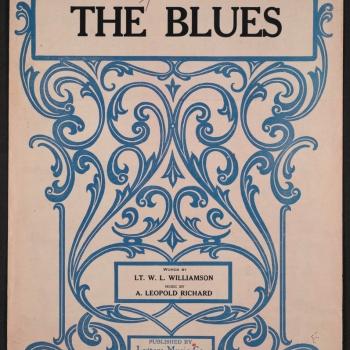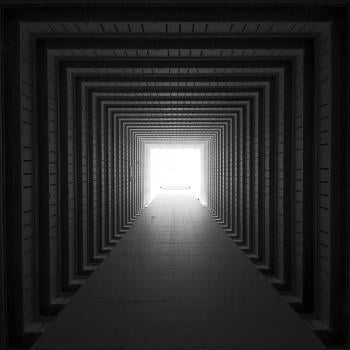And yet Bishop Olmsted has been a priest for over thirty years and a bishop for around twelve. He has served in multiple parishes and in the Vatican Secretariat of State. He has significant experience not only reading about norms and procedures but also implementing them. He is, so to speak, trained in the Mass, and has had years of experience training others. Based on this long and varied service, isn't Olmsted precisely the kind of expert who is equipped to make a decision about communion?
Perhaps so, but then another concern quickly follows: how does the average Catholic weigh instances of what we might call "clerical malpractice"? Expertise breaks down in medicine; does it not also in the Church, especially in light of the failure of priests and Bishops to protect children? Or in light of the fact that, like in medicine, the Church has changed and in some cases repudiated positions it once held fervently?
The rise of WebMD Catholicism may lead too many Catholics, both conservatives and liberals, to make conclusions beyond their expertise. But it may also help purify the Church and ensure that its members have a more informed relationship with it, a situation that may, from time to time, lead Catholics to a second opinion.




